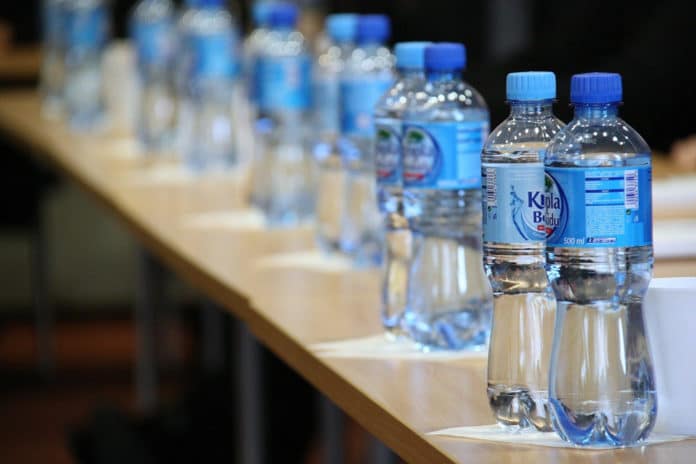Most people prefer bottled water over tap water as it is convenient to carry and drink on the go. The quality of tap water is also a concern.
Bottled water vs. tap water: which one is best? When it comes to health and the environment, it was found that the impact of bottled water is several times higher than previously believed, suggests a new study by the Barcelona Institute for Global Health.
The bottled water market globally is rapidly growing, with approximately 700 million households consuming bottled water. A previous study has suggested that this trend can be partly explained by subjective factors like risk perception, taste, odor, lack of trust in public tap water quality, and marketing by bottled water companies.
This new study focused on three different water consumption choices: bottled water, tap water, and filtered tap water.
The quality of tap water changes according to location. Scientists in this study focused on the city of Barcelona due to the robustness of available data. Using a Life Cycle Assessment (LCA) method, scientists estimated the damage to ecosystems and resource availability. They also determined the indirect impacts on human health derived from bottled and tap water production.
The consequences in human health are estimated using Health Impact Assessment (HIA). For this, they used data on water consumption patterns and levels of chemical compounds in the water supply.
It was found that if the entire population of Barcelona decided to shift to bottled water, the production required would take a toll of 1.43 species lost per year and cost 83.9 million USD per year due to the extraction of raw materials. This is approximately 1,400 times more impact in ecosystems and 3,500 times higher cost of resource extraction than the scenario where the whole population would shift to tap water.
Cristina Villanueva, ISGlobal researcher and first author of the study, said, “Tap water quality has increased substantially in Barcelona since the incorporation of advanced treatments over the last years. However, this considerable improvement has not been mirrored by an increase in tap water consumption, which suggests that water consumption could be motivated by subjective factors other than quality.”
“One of these subjective factors is the perceived presence of chemical compounds in tap water. While it is true that tap water may contain trihalomethanes (THM) derived from the disinfection process and that THMs are associated with bladder cancer, our study shows that due to the high quality of the tap water in Barcelona, the risk for health is small, especially when we take into account the overall impacts of bottled water.”
According to results, shifting to tap water would save several lives and increase the overall number of years of life lost to 309 (which equals approximately on average 2 hours of lost life expectancy if borne equally by all residents of Barcelona). Those who are concerned about the quality of water can add domestic filtration to tap water.
Cathryn Tonne, ISGlobal researcher and last author of the study, said, “Our results show that considering both the environmental and the health effects, tap water is a better option than bottled water because bottled water generates a wider range of impacts. The use of domestic filters and improving the taste and odor of tap water can substantially reduce THMs levels in some cases. For this reason, filtered tap water is a good alternative. Even though we didn’t have enough data to measure it’s environmental impactfully, we know it is much lower than that of bottled water.”
“However, the authors acknowledge that domestic filtering devices require an adequate maintenance for a proper performance and to avoid microbial proliferation.”
Journal Reference:
- Cristina M. Villanueva, Marianna Garfí, Carles Milà, Sergio Olmos, Ivet Ferrer, Cathryn Tonne, Health and environmental impacts of drinking water choices in Barcelona, Spain: A modeling study, Science of The Total Environment, Volume 795, 2021, 148884, DOI: 10.1016/j.scitotenv.2021.148884
